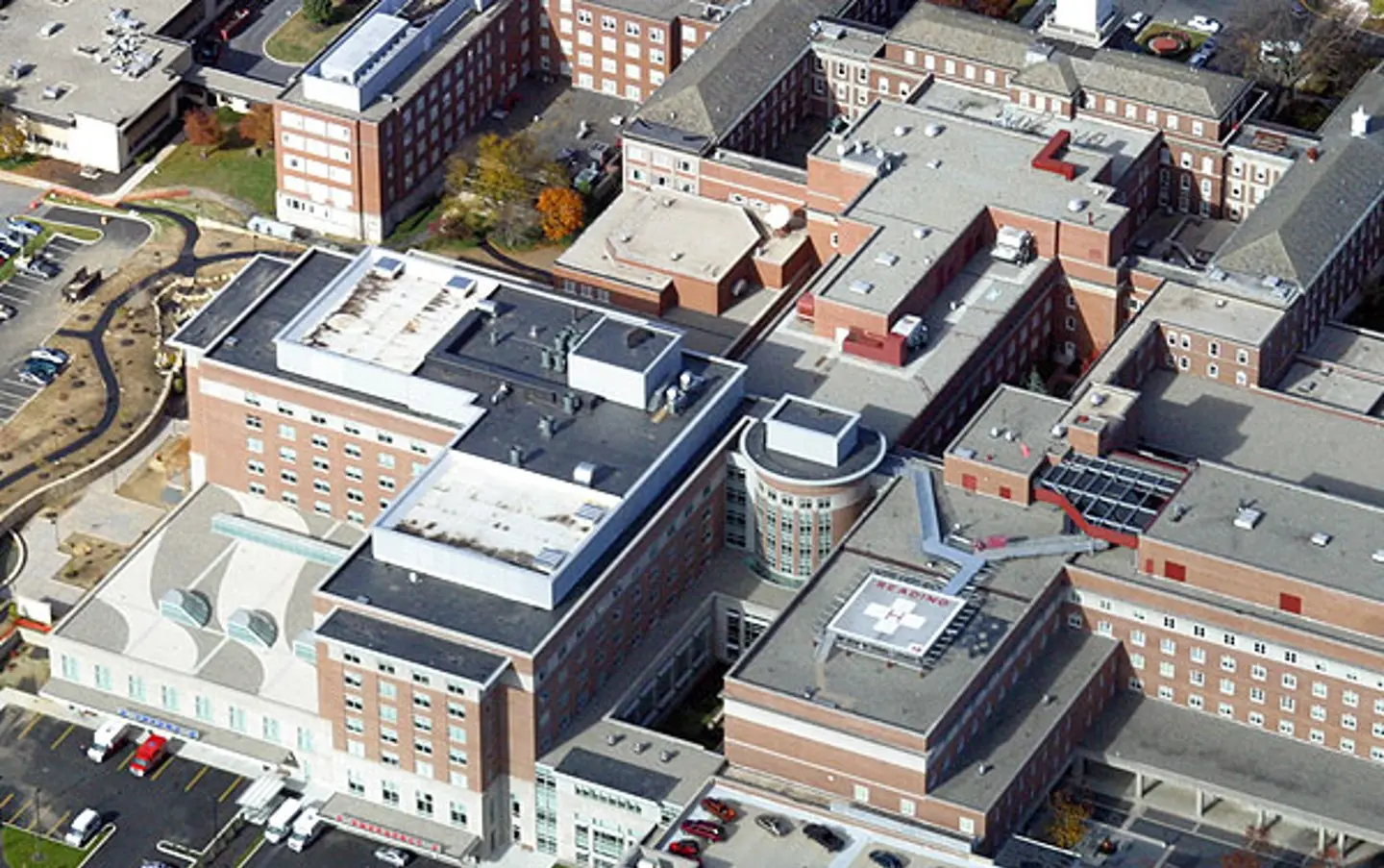The Project: Hospital Cogen Air Quality Plan
📍Confidential
The Challenge
Prepare an air quality plan approval application for a 10-mw cogeneration project allowing for their facility to maintain their current synthetic minor (non-major) source status for air emissions. A tight deadline needed to be met in order to keep within construction timelines.
The Solution
Why Cogeneration
EARTHRES prepared the air quality plan approval application and the air quality testing oversight, including pre-test protocol and post-test final report for the 10-MW cogeneration project. This project consisted of natural gas-fired turbines, waste heat recovery boilers, and an emergency generator. Cogeneration (also known as combined heat and power, CHP) is the use of a heat engine or a power station to simultaneously generate both electricity and useful heat. CHP is one of the most common forms of energy recycling and with electric deregulation it provides long-term benefits and significant cost reduction to facilities. The permit approach allowed the facility to maintain their current synthetic minor (non-major) source status for air emissions. This was achieved by calculating the current heating boiler emissions that would be offset by the new cogeneration plant waste heat that is then used to heat buildings.

Air Quality Plan Approval Application
The air quality project included preparing potential and projected actual emission calculations from the proposed cogeneration plant based on operating schedule and loads. Regulatory requirements were evaluated and summarized for the project, including Pennsylvania’s Best Available Technology (BAT), and Federal New Source Performance Standards (NSPS) for turbines and for boilers. A pre-application meeting with the Pennsylvania Department of Environmental Protection (PADEP) Southcentral Regional Office was held in order to qualify the project for the PADEP’s Expedited Review Timeframe. Through this program, the air quality plan approval was issued in less than three months, allowing the facility to continue with construction and plant startup.
Stack Testing
Once the plant became operational, EARTHRES coordinated the stack testing of the turbines to meet the requirements of the plan approval application. This included protocol preparation, liaison with the PA DEP, and field data collection during the stack testing and contractor oversight. In addition, we worked with the mechanical engineering firm that designed the cogen to prepare the financial estimates for selling power back to the grid. The plant will supply all electricity for the hospital’s main campus and partial power to the hospital affiliates as well as supply power back to the electric grid depending on demand. According to the Client, the project will result in potential savings of $1.25 to $1.5 million a year in their electric bill resulting in a short-term payback on the project.
The Results
Supply most of the hospital’s power needs and allow for provision back to the power grid. This project has a potential savings of up to $1.5 million per year.


